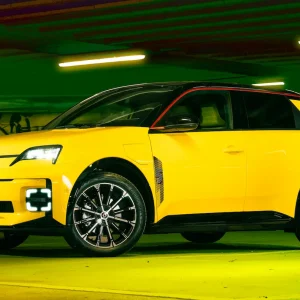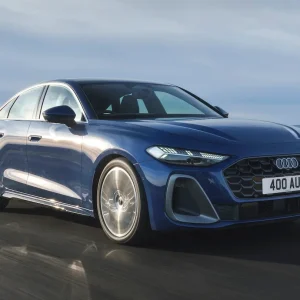Recently at Europcar Mobility Group UK we commissioned research among fleet professionals to find out how they are dealing with the arrival of the clean air zones (CAZ) coming into force in more and more cities across the UK and the extension of London’s Ultra Low Emission Zone (ULEZ). And the overwhelming response (87%) was that the introduction of these zones will have an impact on their business. However, three quarters also admitted to only being somewhat prepared or completely unprepared for the new regimes.
Nearly two thirds (63%) of the businesses we questioned said that between a quarter and half of their fleet enters a CAZ every week. So, the arrival of the new wider ULEZ in London on 25th October and the introduction of CAZs in Bristol, Bradford and Portsmouth this Autumn could spell trouble for unprepared businesses – especially as 20% admitted that they are not fully aware of all the rules for the different zones. Indeed, only 30% realised that that the London ULEZ zone operates 24 hours a day, 7 days a week.
Not being aware of the rules for each of the CAZs can lead to a rise in business costs – unexpected fines can mount up quickly and reduce the profitability of a job if drivers or their managers are not aware of the regulations. But the big challenge for businesses right now is upgrading their fleet in the face of limited new vehicle supply.
While 41% of those surveyed said they planned to purchase vehicles outright as and when they are necessary, this does not take into consideration the supply chain problems we are currently facing. And with many reports that long lead times for new cars and vans could last well into next year due to the shortage of semi-conductor chips, this could be a big headache for fleet and business travel managers trying to maintain employee mobility into the growing network of clean air zones.
What actions can companies, therefore, take to make sure they comply with all the new rules and don’t risk the health of their business with financial penalties? One option is to be more flexible with the makeup of the fleet. Our research found that 40% of businesses are looking at increasing levels of compliant vehicles in their fleet by using long-term rental.
Long-term rental adds an extra layer of agility by allowing vehicles to be brought in when there is a specific need or workload requirement. Also, rental vehicles tend to be younger and more technologically advanced than the average leased or grey fleet vehicle.
With 48% of the fleet professionals we spoke to planning to decrease their reliance on grey fleet in order to control costs, long-term rental is a flexible way to ‘upfleet’ or ‘downfleet’ as needed. Not only do the rental vehicles meet all the emissions standards for the CAZs and ULEZ but they can also be more fuel efficient too.





